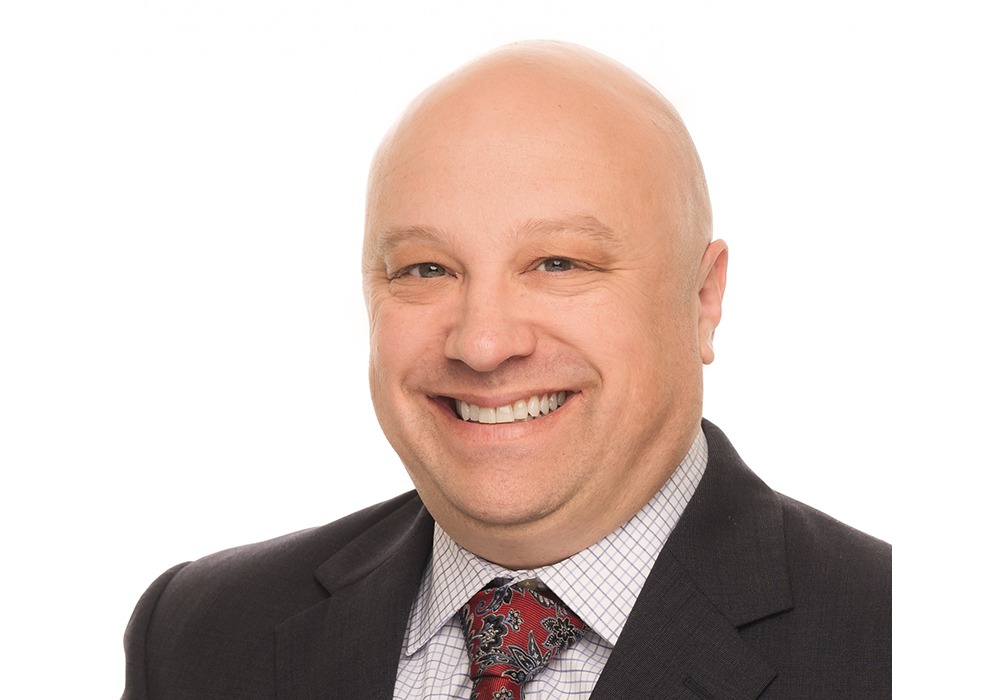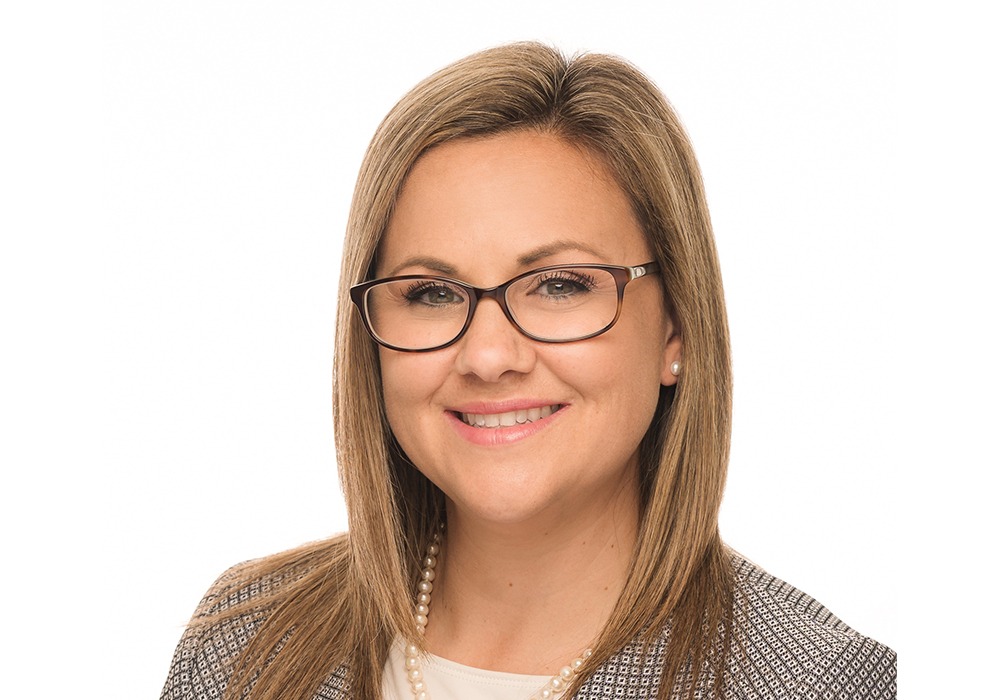
Choosing the best professional wealth advisor isn’t easy. With so many options out there — from brokers to insurance agents — investors often find it difficult to select the right investment firm for their individual needs. In fact, we’re often asked what to look for in a financial advisor.
1. 401k Advisors Help You Decipher Your Current Plan
Before you start the 401k rollover process, meet with your 401k advisor to discuss your options. Bring your current plan’s most recent statement and documentation with you, so you’ll know:
- Your current balance
- How much you’ve contributed
- How much your employer matched
- Your account’s growth
You should also contact your plan administrator and have them walk you through the 401(k) rollover process. Your advisor will work with you to identify which funds your account is invested in the portfolio and its associated growth patterns.
”
Your advisor will work with you to identify which funds your account is invested in and its associated growth patterns.
We understand that choosing a professional wealth advisor is one of the most important decisions an investor can make. After all, advisors influence your retirement planning, estate planning and future financial stability. Here are some of the key qualities that we recommend investors seek in an advisor.
1. Professional Wealth Advisors Should be Independent
Hands down, one of the most important qualities a financial advisor should possess is independence.
Advisors who are privately and locally owned aren’t beholden to the interests of a company that may not share your best interests. When it comes to financial advice, you want your advisor to offer guidance that’s free from commission-based sales pressure and any other conflicts of interest. It is important to have an independent financial advisor because they will not have a conflict of interest.
Securities Exchange Commission Registered Investment Advisor (SEC RIA).

When it comes to financial advice, you want your advisor to offer guidance that’s free from commission-based sales pressure and any other conflicts of interest.
2. Certified Financial Planner™ Professionals
Many assume that all investment professionals are certified or hold a special license, but this is not the case. Amazingly, anyone can call themselves a “financial planner,” regardless of education and experience. It is only financial advisors who have completed the training, certification and renewal requirements of the CERTIFIED FINANCIAL PLANNER™ board carry the title of CERTIFIED FINANCIAL PLANNER™ or CFP®. The CFP® certification represents high levels of ethics, competency, education, experience and professionalism and requires that these professionals put your interests first.
3. Wealth Advisors Should offer a Range of Services
Choose a financial advisor who offers a range of services and possesses experience in specific areas, including:
- High net worth families
- Charitable and estate planning
- Retirement planning: 401(k), 403(b), IRAs and company plans
- Wealth transfers
Your financial advisor should also collaborate with other specialists, such as:
- Plan administrators
- ERISA and estate attorneys
- Tax professionals
4. Fee Only Means a Sales-Free Environment
Choose a fee only financial advisor who delivers advice that’s free from conflicts of interest, such as taking commissions from sales of investment products. Fee only advisors are compensated based on a percentage of the client assets they manage.
Avoid investment professionals who receive compensation based on the investment products they recommend, as well as those who take front or back-load commissions, or charge to buy, sell or adjust allocations.

5. Client Peace of Mind is Part of a Strategic Financial Plan
As a client, your financial peace of mind should be paramount. Look for a financial advisor who follows an investment strategy based on long-term market evidence and client needs, rather than high-risk strategies such as hedge funds, IPOs, options or penny stocks. Avoid advisors who chase trends or pretend to predict the future through market timing and other risky practices because these methods are closer to gambling than sound financial strategies.
6. Personal Relationships are Key
Ever worked with an advisor who provides you with a 1-800 number instead of one-on-one customer service? It’s not a good feeling, especially when it comes to important decisions that impact your family’s financial future. Instead, seek an advisor who takes a personal approach and develops a relationship with each client.
A good advisor will take the time to get to know you, your family and your unique financial situation. They’ll respond quickly to your requests and understand your concerns, priorities and needs. Look for a financial advisor who serves a moderate number of clients rather than those that serve more than 1,000 clients, which is the current industry norm, and emphasizes proactive communication. Your advisor should:
- Meet with you annually
- Report your investment performance in writing
- Review total investment costs
- Take a team approach to financial planning and guidance
- Meet your needs proactively
7. SEC Advisor Search: Compliance and Oversight
Your professional wealth advisor should be registered with the Securities and Exchange Commission (SEC), comply with government oversight requirements and practice full disclosure on issues including:
- Education and employment background
- Investment management fees
- Potential conflicts of interest
- Other issues that may influence your decision to work with them
- Disclosures should be filed annually with the SEC using Forms ADV I and II.
8. Fiduciary Status is Essential
Your financial advisor should be legally required to put your interests above their own when offering financial advice. In legal terms, this is called being a fiduciary. Contrary to popular belief, most financial advisors are not fiduciaries because they are able to put their own interests above their clients when offering financial advice.
Choosing a wealth advisor is among the most important decisions you make for yourself and your family because a good planner will help you meet your goals and achieve financial stability. Take the time to select a financial advisor that you feel comfortable with, and don’t be afraid to ask specific questions to ensure that they understand your individual financial planning needs.


